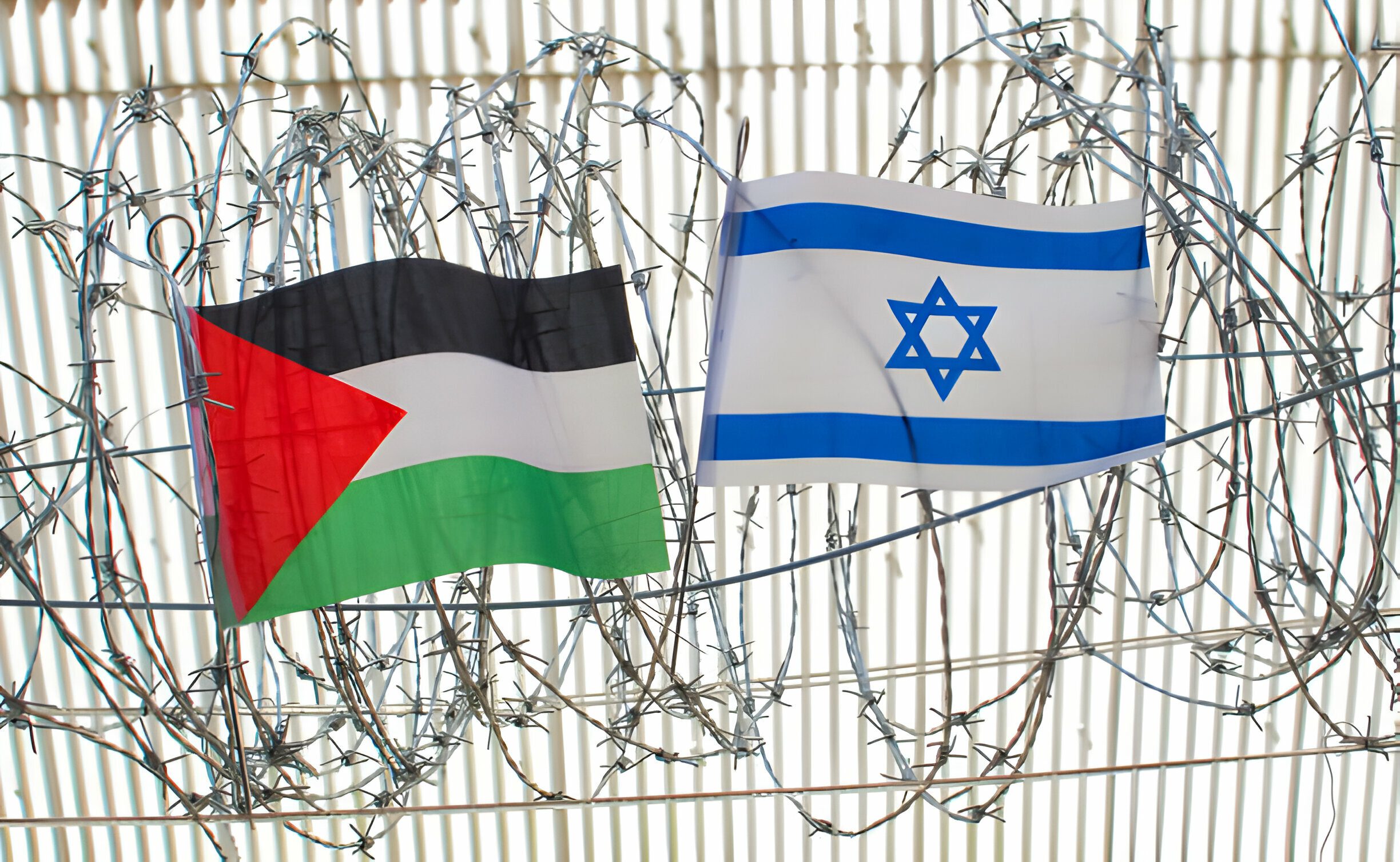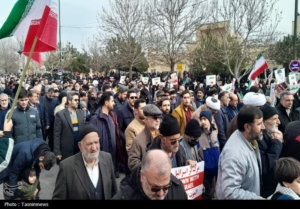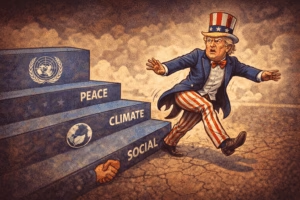In a recent declaration, Israeli Prime Minister Benjamin Netanyahu firmly stated Israel’s stance against the global recognition of a Palestinian state, highlighting concerns that such a move could derail efforts to resolve the ongoing conflict in Gaza. This statement came in response to discussions, as reported by the Washington Post, involving the United States and several Arab countries. These talks were centered around a comprehensive peace plan aiming to address the longstanding Israeli-Palestinian discord.
The plan under discussion reportedly includes measures such as a ceasefire, the liberation of hostages currently held by Hamas, and the establishment of a definitive timeline towards the creation of a Palestinian state. According to the Washington Post, this announcement could be made in the upcoming weeks, marking a significant step forward in peace efforts.
Netanyahu, voicing his concerns over social media platform X (previously known as Twitter), emphasized Israel’s rejection of any attempts to impose a Palestinian state unilaterally. His comments were a direct response to the speculative peace plan that suggests international forces could play a role in establishing Palestinian statehood.
“Israel will continue to oppose the unilateral recognition of a Palestinian state,”
Netanyahu asserted, underscoring the country’s firm stance on the matter.
The backdrop to this diplomatic standoff is the violent incursion by Hamas into Israel on October 7, resulting in approximately 1,200 fatalities and the capture of some 240 individuals. Netanyahu argued that international support for Palestinian statehood under these circumstances would inadvertently reward terrorism and obstruct the path to a peaceful resolution.
“Israel outright rejects international dictates regarding a permanent settlement with the Palestinians,”
Netanyahu further clarified, highlighting the nation’s resistance to external pressures on matters of state sovereignty and peace negotiations.
According to Netanyahu, the only viable route to a peace agreement in Gaza is through direct dialogues between the concerned parties, free of any preconditions.
The Washington Post also raised concerns about the potential escalation of conflict in Gaza, particularly focusing on Rafah. This city, located on Gaza’s southern border with Egypt, has become a sanctuary for over a million displaced Palestinians in the wake of attacks by the Israel Defense Forces (IDF). Netanyahu’s recent statements indicated a strategic approach towards Rafah, emphasizing the importance of civilian safety in conflict zones.
Tensions between the United States and Israel have reportedly intensified, especially regarding Israel’s ongoing military actions in Gaza. The Wall Street Journal highlighted disagreements over a proposed assault on Rafah, with U.S. officials firmly opposing such actions under any circumstances.
As the crisis in Gaza persists, with significant casualties and injuries reported by Gaza’s health ministry since October 7, the international community remains watchful. The discussions around a peace plan and the potential for a Palestinian statehood continue to evoke a wide range of responses, reflecting the complexity and sensitivity of achieving long-term peace in the region.

















